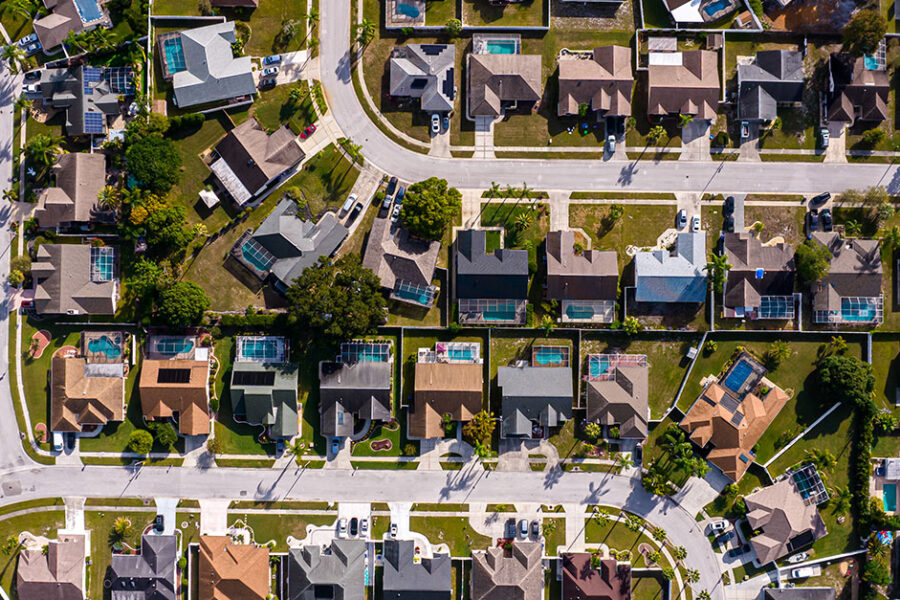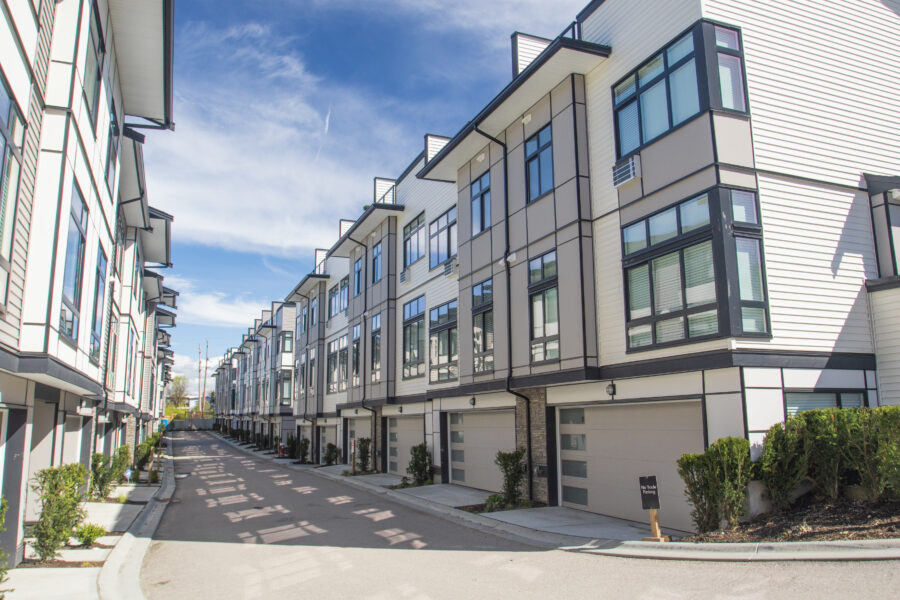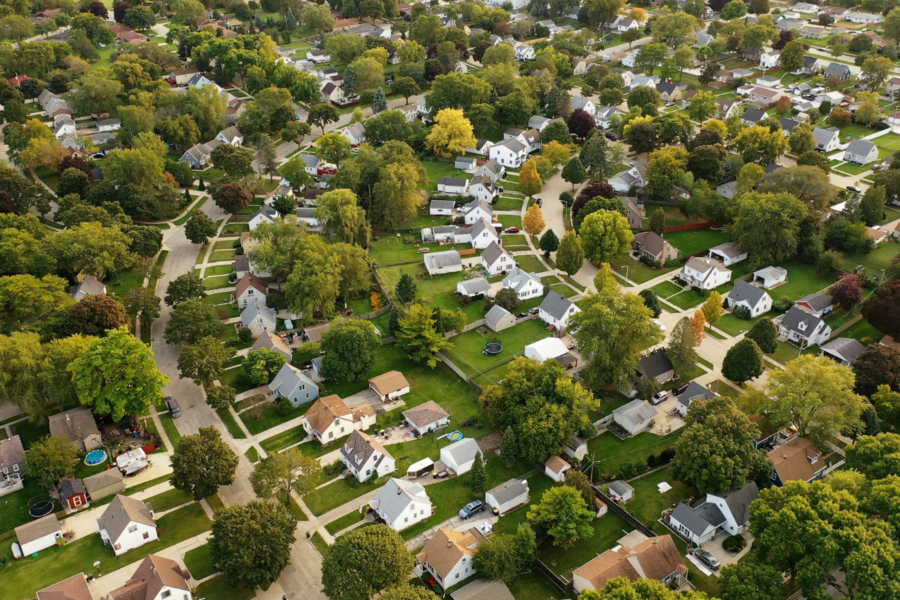We know real estate and pride ourselves on being your go-to source for the latest information on the Canadian housing market and the financial, mortgage, and real estate industries.
In law enforcement, every moment and detail matters. A reliable technology partner can mean the…
Linda AhmadpanahApril 24, 2024
Having access to accurate and comprehensive data is crucial to ensure that you and your…
Maria Policelli-SohrabiApril 20, 2024
The Title Check* feature is a transformative solution designed to simplify the due diligence process.…
Rachel AveryMarch 25, 2024
As a law enforcement professional, you're on the front lines of protecting our communities, facing…
Linda AhmadpanahMarch 18, 2024
When closing deals, various issues may arise which will require a more in-depth investigation into…
Maria Policelli-SohrabiMarch 17, 2024
As a real estate or land professional, it is important to provide your clients with…
GeoWarehouseMarch 16, 2024
Technology is a trusted ally for law enforcement professionals. When every second counts, having reliable,…
Linda AhmadpanahFebruary 21, 2024
As we look ahead to tax season, you may want to locate your GeoWarehouse 2023…
GeoWarehouseFebruary 7, 2024
You may have heard that Parcel Registers are beneficial tools that real estate sales professionals…
GeoWarehouseJanuary 23, 2024
As we prepare for 2024, it’s time to lay the groundwork for another successful year.…
Rachel AveryJanuary 16, 2024
In law enforcement, every moment and detail matters. A reliable technology partner can mean the…
Linda AhmadpanahApril 24, 2024
Having access to accurate and comprehensive data is crucial to ensure that you and your…
Maria Policelli-SohrabiApril 20, 2024
The Title Check* feature is a transformative solution designed to simplify the due diligence process.…
Rachel AveryMarch 25, 2024
As a law enforcement professional, you're on the front lines of protecting our communities, facing…
Linda AhmadpanahMarch 18, 2024
When closing deals, various issues may arise which will require a more in-depth investigation into…
Maria Policelli-SohrabiMarch 17, 2024
As a real estate or land professional, it is important to provide your clients with…
GeoWarehouseMarch 16, 2024
Technology is a trusted ally for law enforcement professionals. When every second counts, having reliable,…
Linda AhmadpanahFebruary 21, 2024
As we look ahead to tax season, you may want to locate your GeoWarehouse 2023…
GeoWarehouseFebruary 7, 2024
You may have heard that Parcel Registers are beneficial tools that real estate sales professionals…
GeoWarehouseJanuary 23, 2024
As we prepare for 2024, it’s time to lay the groundwork for another successful year.…
Rachel AveryJanuary 16, 2024

















